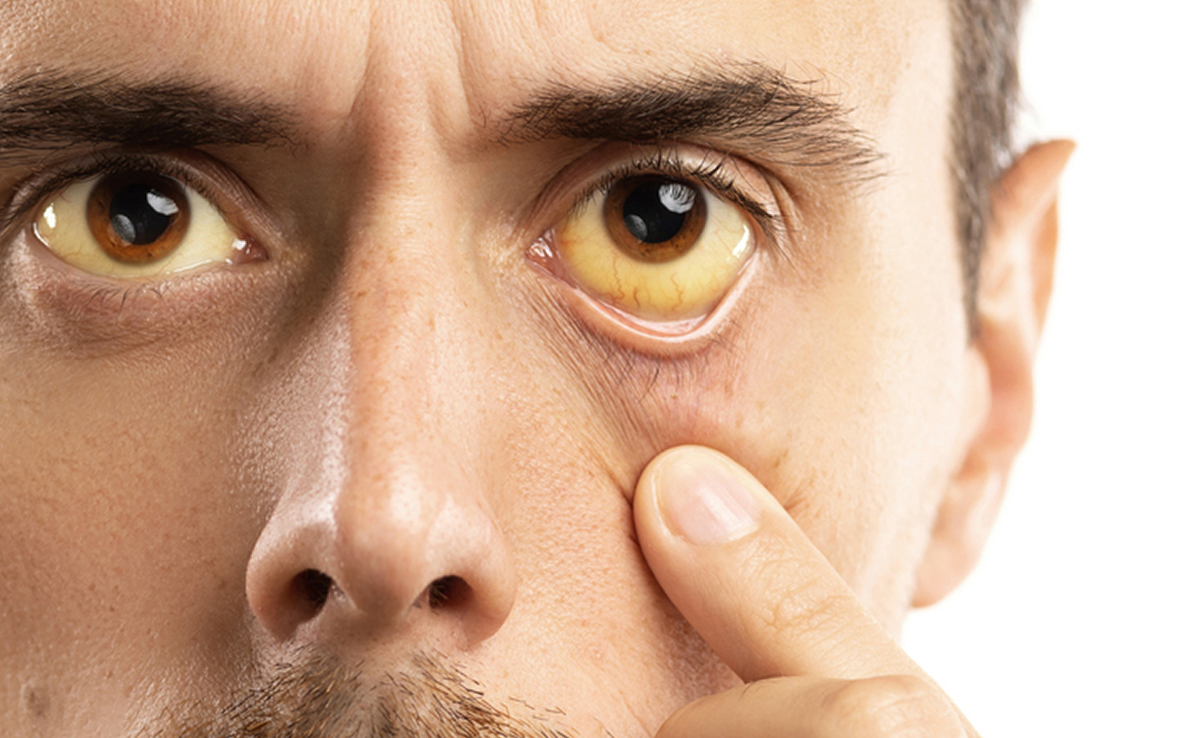This article explores effective strategies and lifestyle adjustments to manage jaundice and maintain overall health.

Understanding Long Term Effects And Precautions For Jaundice
Jaundice, characterised by the yellowing of the skin and eyes, is often a symptom of underlying health conditions affecting liver function. Living with jaundice involves more than managing its visible symptoms; it requires a comprehensive approach to address the root causes and mitigate long-term health effects. Jaundice itself is not a disease but a sign of possible liver dysfunction, such as hepatitis or cirrhosis. Effective management of jaundice is crucial to prevent serious liver damage and other complications. This article explores effective strategies and lifestyle adjustments to manage jaundice and maintain overall health.
Effective management of jaundice
Living with jaundice is not only about managing its visible symptoms but also addressing the internal factors contributing to it. Understanding the direct link between jaundice and liver health is essential for effective management. Long-term effects can vary, depending on the severity and underlying cause of the jaundice, making it critical to adopt appropriate lifestyle changes and preventive measures to support liver health and reduce potential complications. These precautions can help maintain quality of life and prevent the progression of more severe conditions associated with jaundice.
Long-term effects of jaundice
The long-term effects of jaundice can significantly impact overall health, primarily if left untreated or managed poorly. Chronic jaundice often indicates underlying liver conditions, which can lead to serious complications such as cirrhosis or liver failure. This can affect the liver's ability to process toxins, produce proteins, and manage glucose levels. Furthermore, persistent jaundice might lead to cholestasis, where bile flow from the liver is blocked, causing severe itching and further liver damage. Recognising and addressing these risks early is crucial in managing jaundice effectively to prevent permanent damage to the liver and other organs.
1. Liver health decline
Persistent jaundice can indicate ongoing damage to liver cells, potentially leading to liver failure.
2. Biliary tract issues
Jaundice often suggests problems in the biliary system, such as gallstones or inflammation.
3. Nutritional deficiencies
Poor bile flow can affect the digestion and absorption of fats and fat-soluble vitamins.
4. Chronic fatigue
Liver issues can lead to persistent tiredness, affecting quality of life.
Precautions and lifestyle adjustments
Managing jaundice effectively involves making several key lifestyle adjustments and taking specific precautions to support liver health and prevent the worsening of symptoms. Firstly, a balanced diet low in fats and rich in fiber can help manage liver function. Avoiding alcohol is critical as it can further liver damage. Regular physical activity helps maintain a healthy weight, which is important for liver health. Staying hydrated helps the liver flush out toxins more efficiently. It's also vital to manage exposure to potentially liver-damaging substances, such as certain medications and environmental toxins. Regular check-ups with a healthcare provider can help monitor liver health and ensure that any underlying conditions are treated promptly.
1. Dietary management
Consuming a well-balanced diet low in processed foods and rich in fruits, vegetables, and whole grains helps support liver health.
2. Hydration
Staying adequately hydrated facilitates the liver's detoxification processes.
3. Avoid alcohol
Alcohol can exacerbate liver damage, so it should be avoided entirely.
4. Medication awareness
Certain medications can be harsh on the liver. Discuss all your medications with your doctor, including over-the-counter ones.
5. Regular medical checkups
Ongoing monitoring by healthcare professionals helps manage the underlying cause of jaundice and assess liver function.
6. Sun exposure
Moderate sun exposure can help lower bilirubin levels naturally.
Living with jaundice requires careful and proactive management to address both the symptoms and the underlying causes. By understanding the potential long-term effects and implementing necessary lifestyle and dietary adjustments, individuals with jaundice can lead healthier lives. Regular engagement with healthcare providers is essential to tailor treatment plans that minimize risks and promote overall well-being.
Disclaimer: This content including advice provides generic information only. It is in no way a substitute for a qualified medical opinion. Always consult a specialist or your own doctor for more information. NDTV does not claim responsibility for this information.
DoctorNDTV is the one stop site for all your health needs providing the most credible health information, health news and tips with expert advice on healthy living, diet plans, informative videos etc. You can get the most relevant and accurate info you need about health problems like diabetes, cancer, pregnancy, HIV and AIDS, weight loss and many other lifestyle diseases. We have a panel of over 350 experts who help us develop content by giving their valuable inputs and bringing to us the latest in the world of healthcare.














